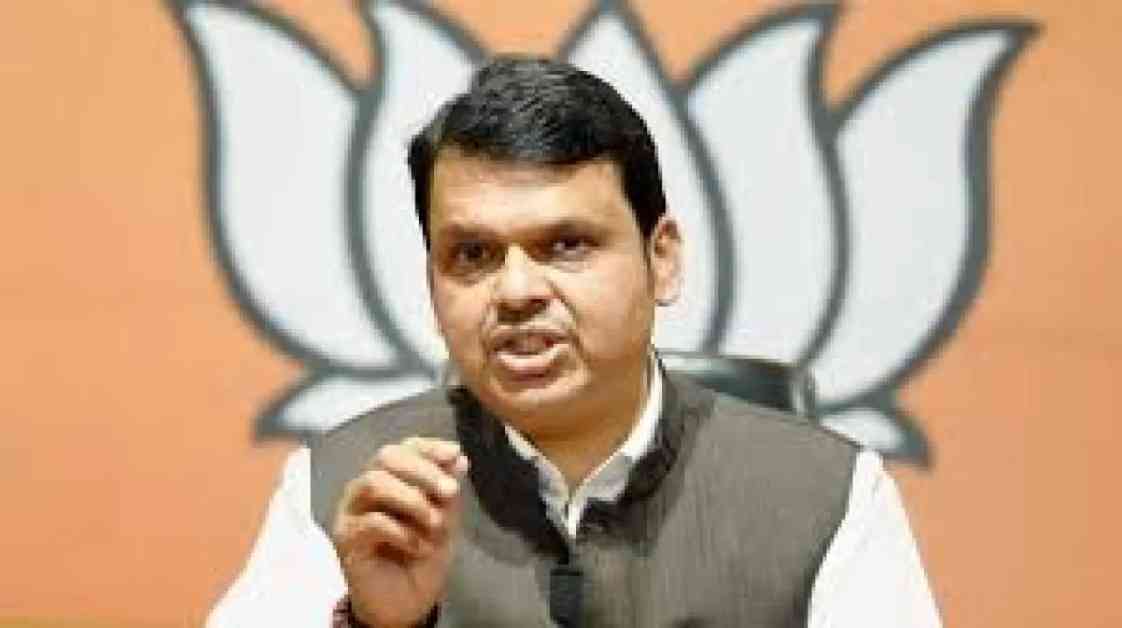Maharashtra Chief Minister Devendra Fadnavis recently addressed the issue of fraudulent alliances in interfaith marriages, emphasizing the importance of curbing deceptive practices. While stating that interfaith marriages themselves are not problematic, Fadnavis highlighted the need to address cases where individuals enter into matrimonial alliances through deception and false identities. This statement comes in the wake of the Maharashtra government’s decision to form a committee to study the legal aspects of a proposed law against forced conversions.
Understanding the Context
The term “love jihad,” frequently used by right-wing groups, suggests a conspiracy where Muslim men aim to convert Hindu women to Islam through marriage. This issue has sparked political and legal debates in several states, including Maharashtra. Fadnavis referenced observations made by the Supreme Court and the Kerala High Court regarding the reality of “love jihad,” underscoring the need to address instances of deceit in matrimonial relationships.
Government Action and Legal Framework
In response to these concerns, the Maharashtra government has taken proactive steps by forming a special committee, led by the state’s Director General of Police (DGP), to tackle complaints related to “love jihad” and forced conversions. This committee’s mandate includes evaluating existing legal frameworks, studying laws implemented in other states, and proposing legislation tailored to Maharashtra’s specific needs. The goal is to enact laws that uphold constitutional principles and safeguard individuals from fraudulent practices in marriage.
Fadnavis reiterated that the government’s intention is not to interfere with genuine interfaith marriages but to address cases where individuals manipulate their identities and intentions for personal gain. He pointed out a disturbing trend in Maharashtra where women have reportedly fallen victim to deceitful practices, leading to abandonment post-marriage, especially after the birth of children.
Moving forward, the Maharashtra government is committed to ensuring that any new legal provisions introduced are in line with constitutional values and serve to protect individuals from falling prey to fraudulent alliances. By taking a proactive stance on this issue, the government aims to create a safer environment for individuals entering into matrimonial relationships, regardless of their faith backgrounds.
As Maharashtra continues to navigate the complexities of interfaith marriages and the challenges posed by deceptive practices, the government’s commitment to addressing fraudulent alliances underscores the importance of upholding ethical standards and protecting individuals from exploitation in the realm of matrimony.Through a robust legal framework and proactive measures, Maharashtra seeks to set a precedent for safeguarding the rights and dignity of individuals embarking on the journey of marriage, free from deceit and manipulation.




















